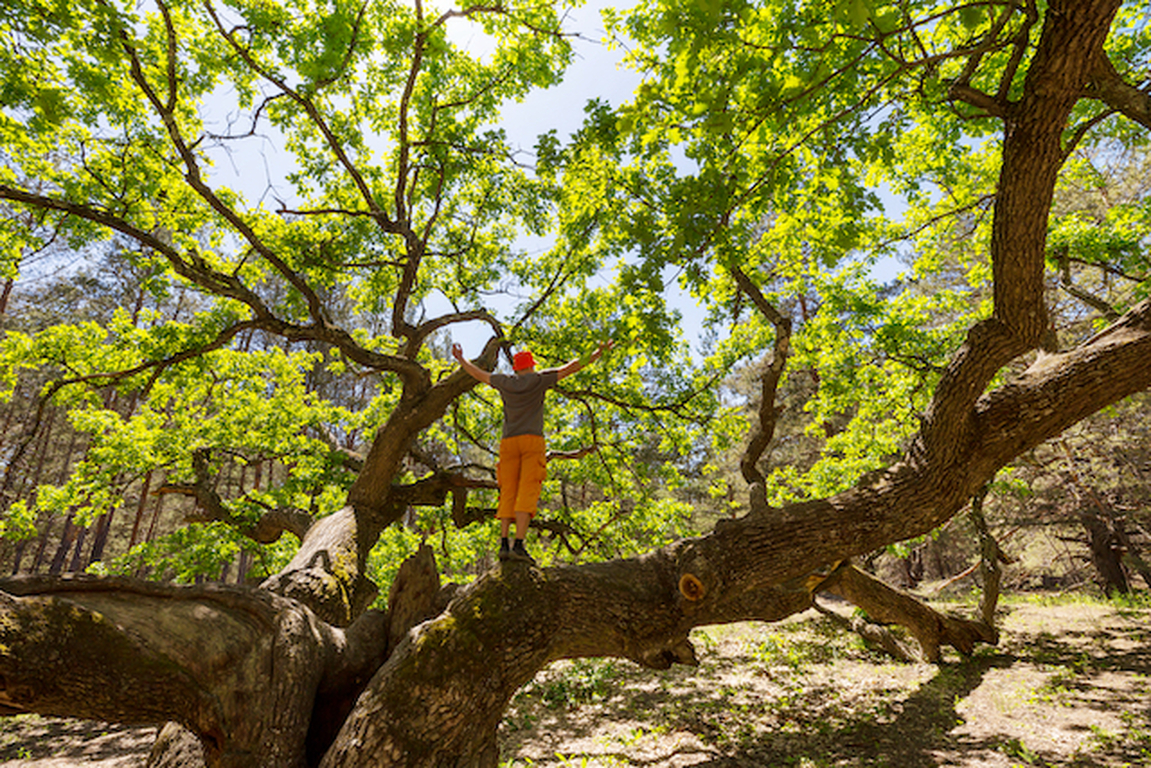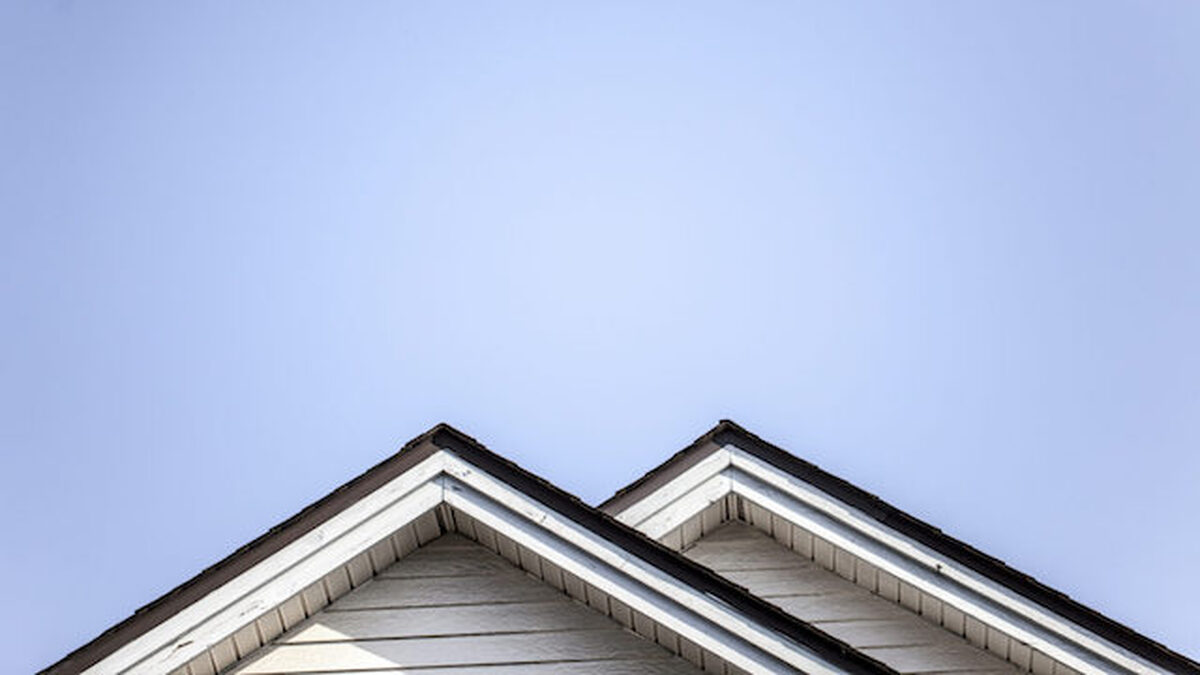Large shade trees that thrive in colorado: part I
If you just bought a brand-new home that needs landscaping, or if you want to remove existing pine trees for more preferable trees (no needles and pine cones) at your current home, here are some large shade trees that thrive in Colorado. The strategic addition of trees and shrubs can transform and beautify your home.
Honey Locust:
This hardy tree species has a reputation for withstanding dry conditions and drought well. It produces dark green, fern-like leaves that create yellow fall colors. They have a fast growth rate and stand 30-70 feet, with a lovely, rounded shape when they reach maturity.
Kentucky Coffee Tree:
Recognized for its fragrant and attractive white flowers, this species of large shade trees produces persistent seed pods. As it grows, its coarse, ascending branches often form a narrow crown. These pollution resistant trees make them a natural choice for shade and ornamental purposes in urban areas. One of its major benefits is that it has no known pest problems.
Bur Oak:
Also heat and drought resistant, this species produces acorns and an attractive show of fall color. Standing 70-80 feet tall, the Bur Oak turns yellow and brown and occasionally red in the autumn months. Nature lovers will enjoy the variety of wildlife that love to nest in these trees, such as red-tailed hawks and screech owls. They have a reputation for being very hardy, resistant to city pollution and are long lived.
Chinkapin Oak:
One of the key benefits of this towering oak is its ability to tolerate Denver’s high alkaline soils, and they are known for being a reliable grower, even in the poorest of sites. It stands 50-60 feet tall at maturity. Part of the deciduous family, this species produces acorns and attractive leaves.
Sycamore:
This standard Colorado favorite is both fast growing and long-lived. Recognizable for its distinctive mottled brown, green, tan, and white bark, Sycamore trees prefer floodplain type soils. This impressive species can stand up to 100 feet tall at maturity.
Tree diversity should definitely be in the forefront of your mind when selecting new trees. Your landscape greatly benefits from incorporating a variety of species because it reduces the risk of spreading pests and disease, and trees also helps fight climate change. In addition, beautiful shade trees can increase the value of your home considerably.
If you have a small yard, you should probably consider medium size or smaller trees. We will provide you with this information in part two of this blog next week.
Honey Locust:
This hardy tree species has a reputation for withstanding dry conditions and drought well. It produces dark green, fern-like leaves that create yellow fall colors. They have a fast growth rate and stand 30-70 feet, with a lovely, rounded shape when they reach maturity.Kentucky Coffee Tree:
Recognized for its fragrant and attractive white flowers, this species of large shade trees produces persistent seed pods. As it grows, its coarse, ascending branches often form a narrow crown. These pollution resistant trees make them a natural choice for shade and ornamental purposes in urban areas. One of its major benefits is that it has no known pest problems.Bur Oak:
Also heat and drought resistant, this species produces acorns and an attractive show of fall color. Standing 70-80 feet tall, the Bur Oak turns yellow and brown and occasionally red in the autumn months. Nature lovers will enjoy the variety of wildlife that love to nest in these trees, such as red-tailed hawks and screech owls. They have a reputation for being very hardy, resistant to city pollution and are long lived.Chinkapin Oak:
One of the key benefits of this towering oak is its ability to tolerate Denver’s high alkaline soils, and they are known for being a reliable grower, even in the poorest of sites. It stands 50-60 feet tall at maturity. Part of the deciduous family, this species produces acorns and attractive leaves.Sycamore:
This standard Colorado favorite is both fast growing and long-lived. Recognizable for its distinctive mottled brown, green, tan, and white bark, Sycamore trees prefer floodplain type soils. This impressive species can stand up to 100 feet tall at maturity.Tree diversity should definitely be in the forefront of your mind when selecting new trees. Your landscape greatly benefits from incorporating a variety of species because it reduces the risk of spreading pests and disease, and trees also helps fight climate change. In addition, beautiful shade trees can increase the value of your home considerably.
If you have a small yard, you should probably consider medium size or smaller trees. We will provide you with this information in part two of this blog next week.


 Menu
Menu




